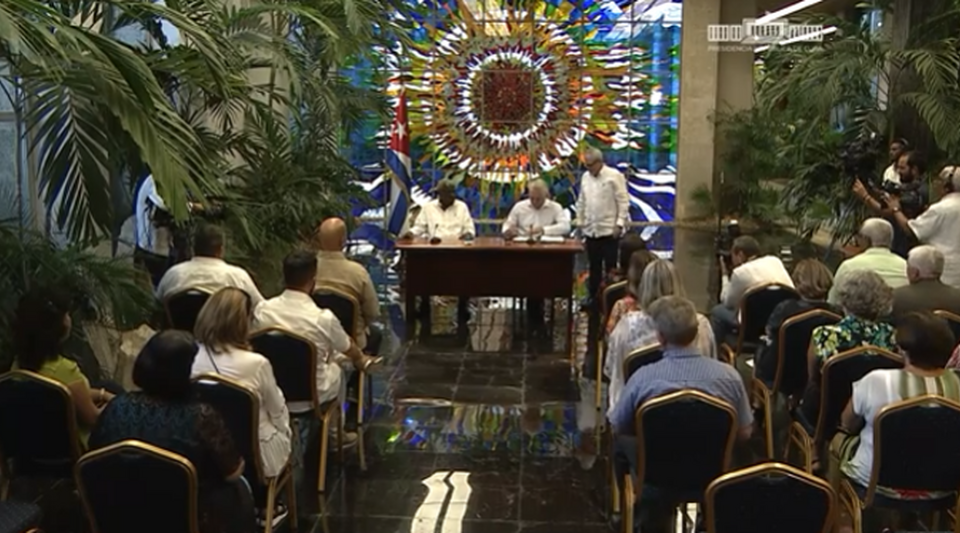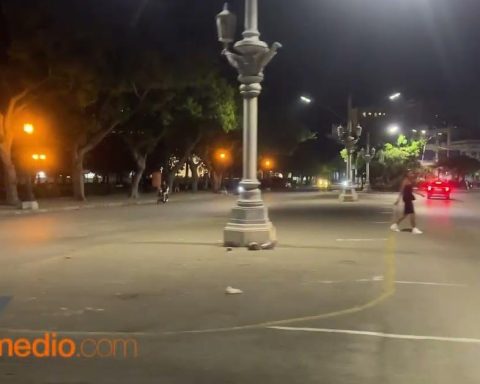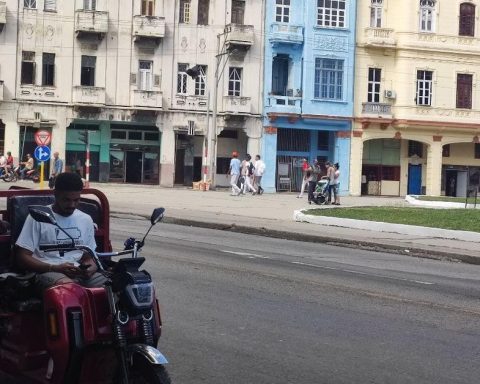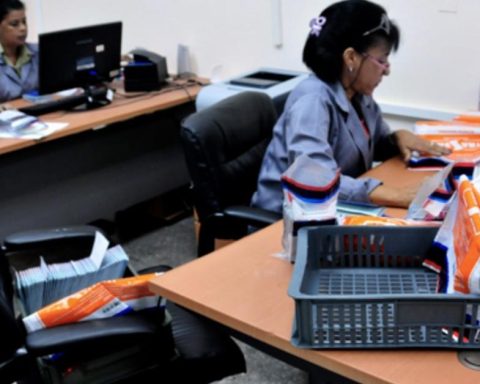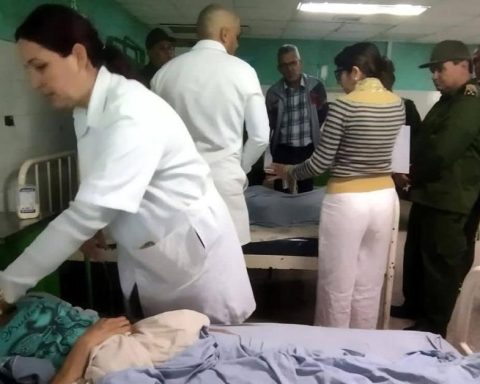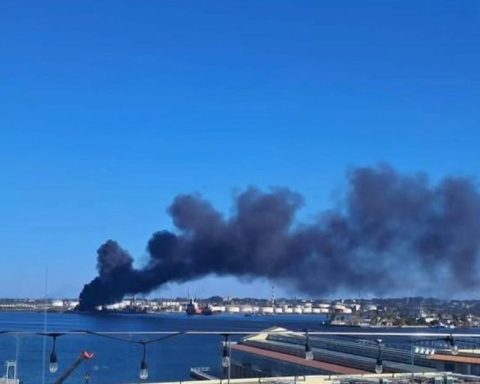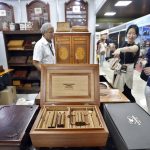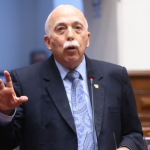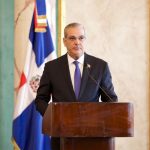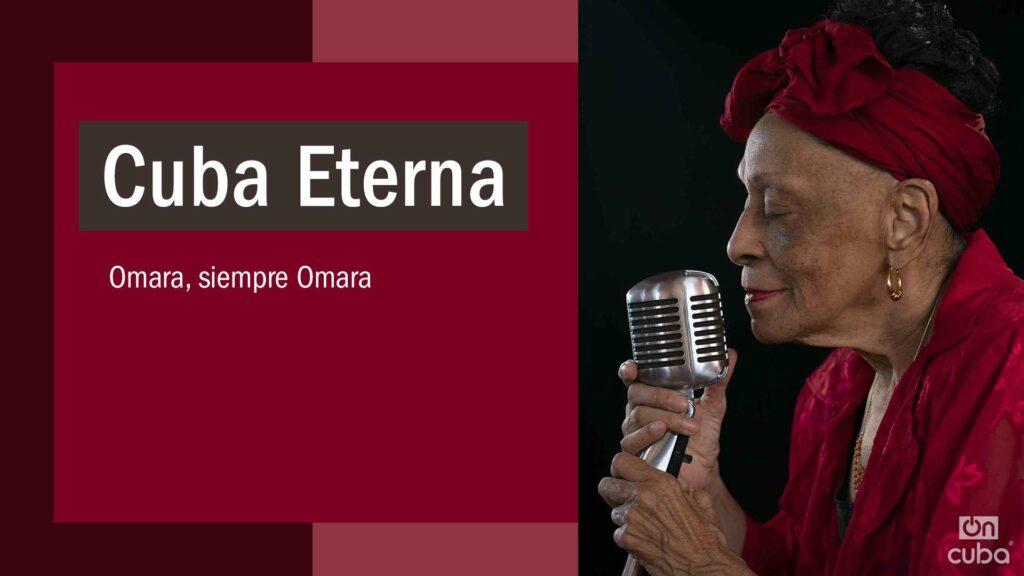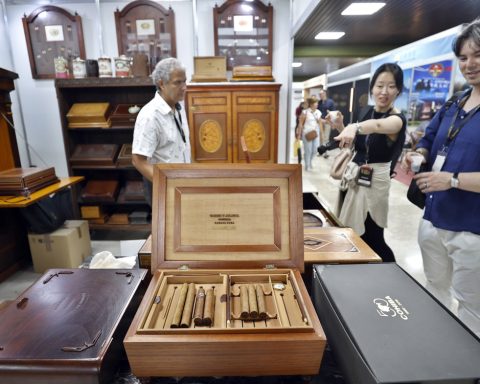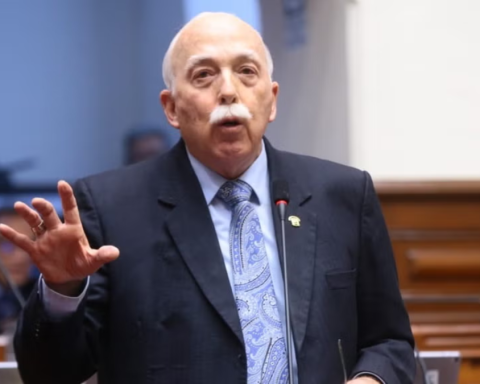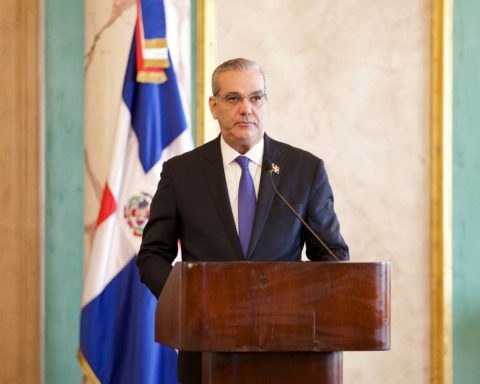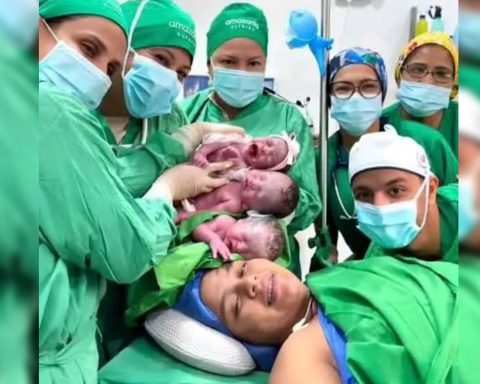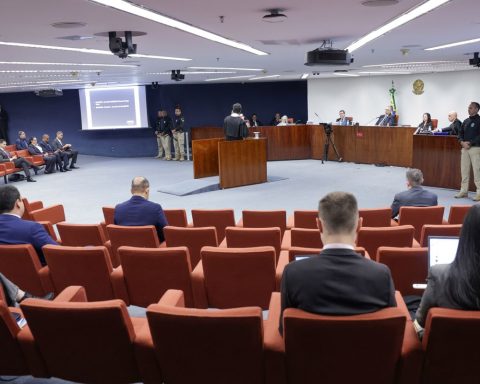The entry into force of the Family Code occurred yesterday, in the midst of the gale that devastated Cuba. The new text was published in the official Gazette after its approval in the referendum this Sunday with 66.87% of affirmative votes and the highest abstention (26%) in a consultation carried out by the Castro regime.
President Miguel Diaz-Canel and the president of the National Assembly of People’s Power, Esteban Lazo Hernández, signed and endorsed the rule on Monday in an act that the official press described as “emotional” and that was held at the Palace of the Revolution.
The secretary of the Assembly, Homero Acosta, was the one who announced that the entry into force was immediate, something that was already specified when the Law was published last August.
The entry into force of the Family Code occurred yesterday, in the midst of the gale that devastated Cuba
The text clarified that the inclusion in the official Gazette it was carried out “for general knowledge” and in its forty-fifth provision it was added that its application would be immediate “once ratified in the popular referendum to which it is submitted by constitutional mandate”.
After the signing, Díaz-Canel cited his predecessors, all of them responsible for an openly homophobic State policy, to whom he dedicated the yes victory as “tribute to the historic leader of the Cuban Revolution, Fidel Castro; to the eternal president of the Federation of Cuban Women, Vilma Espín; and Army General Raúl Castro”. She said of them, despite the fact that two died six and 15 years ago, respectively, that “they promoted the initiative that this Sunday obtained the majority of votes.”
The Minister of Justice, Oscar Silvera, also participated in that act, explaining that now the application of the norm begins and the country’s jurists must be prepared for it.
The official added that the conditions have been created in notaries, civil registries, marriage palaces and collective law firms for the correct functioning of the new regulations, whose challenges begin now.
Of the 8,425,147 registered voters, 6,251,786 went to the polls, which leaves a participation rate of 74%
The text contemplates, in addition to equal marriage and surrogacy, adoption by homosexual couples, the prohibition of child marriage, addresses gender violence, and recognizes the rights of children, the elderly and disabled people.
According to official data, 3,936,790 voters voted yes, while 1,950,090 voted no. Of the 8,425,147 registered voters, 6,251,786 went to the polls, which leaves a participation rate of 74%.
A total of 364,906 people annulled or left their ballot blank, an unprecedented abstention in Cuba, which had not seen a similar case since the 1958 elections, when more than 50% of Cubans did not show up at the polls.
________________________
Collaborate with our work:
The team of 14ymedio is committed to doing serious journalism that reflects the reality of deep Cuba. Thank you for joining us on this long road. We invite you to continue supporting us, but this time becoming a member of our journal. Together we can continue transforming journalism in Cuba.
